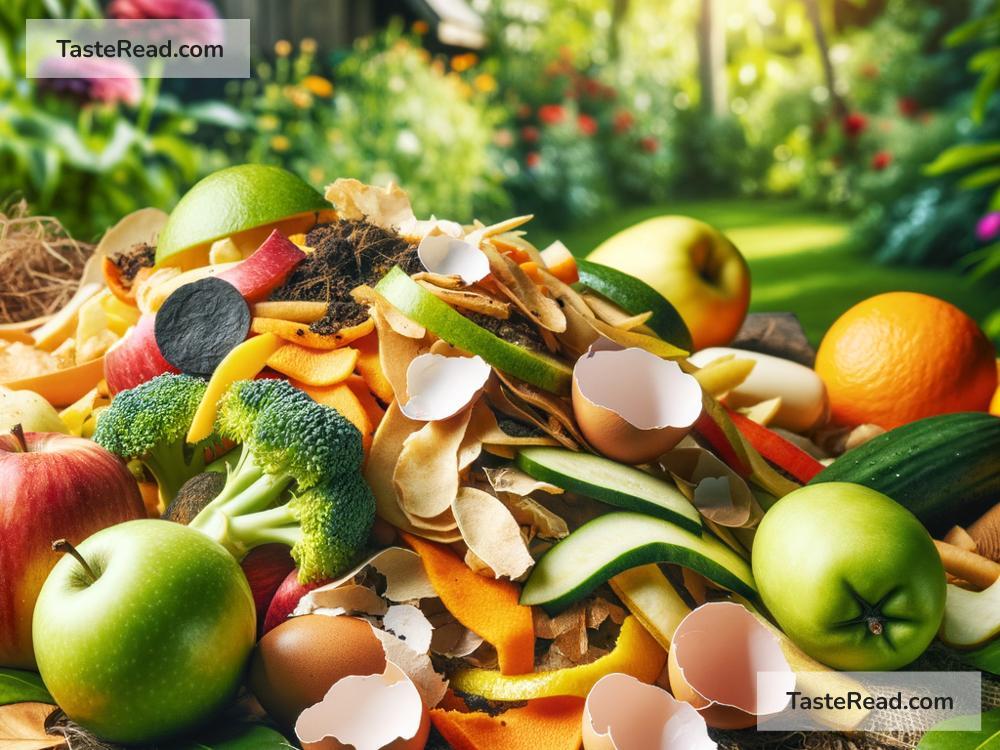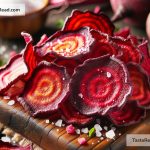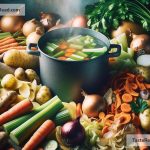How to Make Your Own Compost for Sustainability
In today’s world, sustainability is more than a buzzword; it’s a necessary step towards a healthier planet. One of the simplest and most impactful ways to embrace sustainability at home is by making your own compost. Not only does composting reduce landfill waste, but it also enriches the soil, leading to healthier plants. If you’re new to composting, don’t worry. This article will guide you through the easy steps to create your own compost heap, turning kitchen scraps and yard waste into garden gold.
What Is Compost?
Compost is decomposed organic matter. When you compost, you are speeding up the natural process of decay, turning your kitchen and garden waste into nutrient-rich soil. This soil amendment can help your garden grow stronger and healthier plants without the need for chemical fertilizers.
Why Compost?
Composting has numerous benefits. It enriches the soil, helps retain moisture, suppresses plant diseases, and reduces the need for chemical fertilizers. Additionally, composting reduces methane emissions from landfills and lowers your carbon footprint, making it a win for you and the planet.
Getting Started
Starting your compost pile is simple, and you can begin with a few basic components: browns, greens, water, and air.
- Browns are carbon-rich materials like dried leaves, branches, and twigs.
- Greens are nitrogen-rich materials such as fruit and vegetable scraps, coffee grounds, and grass clippings.
- Water keeps the compost moist, which is essential for the composting process.
- Air circulation is crucial to developing healthy compost, as it speeds up the decomposition process by providing oxygen.
Step-by-Step Guide to Making Compost
-
Select a Spot: Choose a dry, shady spot near a water source for your compost pile or bin. If you don’t have a garden, don’t worry; small, indoor compost bins are available that can fit in your kitchen.
-
Start with Browns: Lay a thick layer of browns at the bottom. This helps with drainage and aeration.
-
Add Greens: Add a layer of greens on top of the browns. Remember, the ideal ratio is about 3 parts browns to 1 part greens.
-
Moisten: Lightly sprinkle water over the pile to moisten the layers without soaking them. The compost should be damp, but not wet.
-
Repeat Layers: Continue to alternate between layers of greens and browns, adding water to maintain moisture.
-
Cover: Cover the pile with a tarp or a layer of browns to keep it moist and warm.
-
Aerate: Every week or so, turn the pile with a shovel or a compost fork to aerate it. This helps accelerate the decomposing process by mixing the materials and providing oxygen.
-
Harvest: In 2-6 months, your compost will be ready to use when it looks and smells like dark, rich soil. Use it to enrich your garden beds, potted plants, or even as a lawn top dressing.
Tips for Successful Composting
- Balance: Keep a good balance between greens and browns to avoid a smelly compost pile.
- Size Matters: Chop or shred larger pieces to speed up the composting process.
- Keep it Moist: Check the moisture level regularly, especially in hot or dry weather.
- Avoid Meat and Dairy: These materials can attract pests and create an unpleasant smell.
- Patience is Key: Good compost takes time. Be patient, and you’ll be rewarded with beautiful, nutrient-rich compost.
Troubleshooting
- Smelly Compost: It may be too wet or have too many greens. Add more browns and turn it to incorporate air.
- Dry Compost: If it’s too dry, add more greens and some water to moisten.
- Pests: Keep your compost covered, do not add meat or dairy, and bury food scraps under the browns to deter pests.
Conclusion
Making your own compost is a simple yet powerful way to contribute to a more sustainable world. By turning your kitchen and garden waste into nutrient-rich soil, you’re not only giving your plants a boost but also reducing waste and helping combat climate change. Start composting today, and join the growing movement of gardeners, homeowners, and apartment dwellers who are turning waste into wealth for their gardens and the planet. Happy composting!


